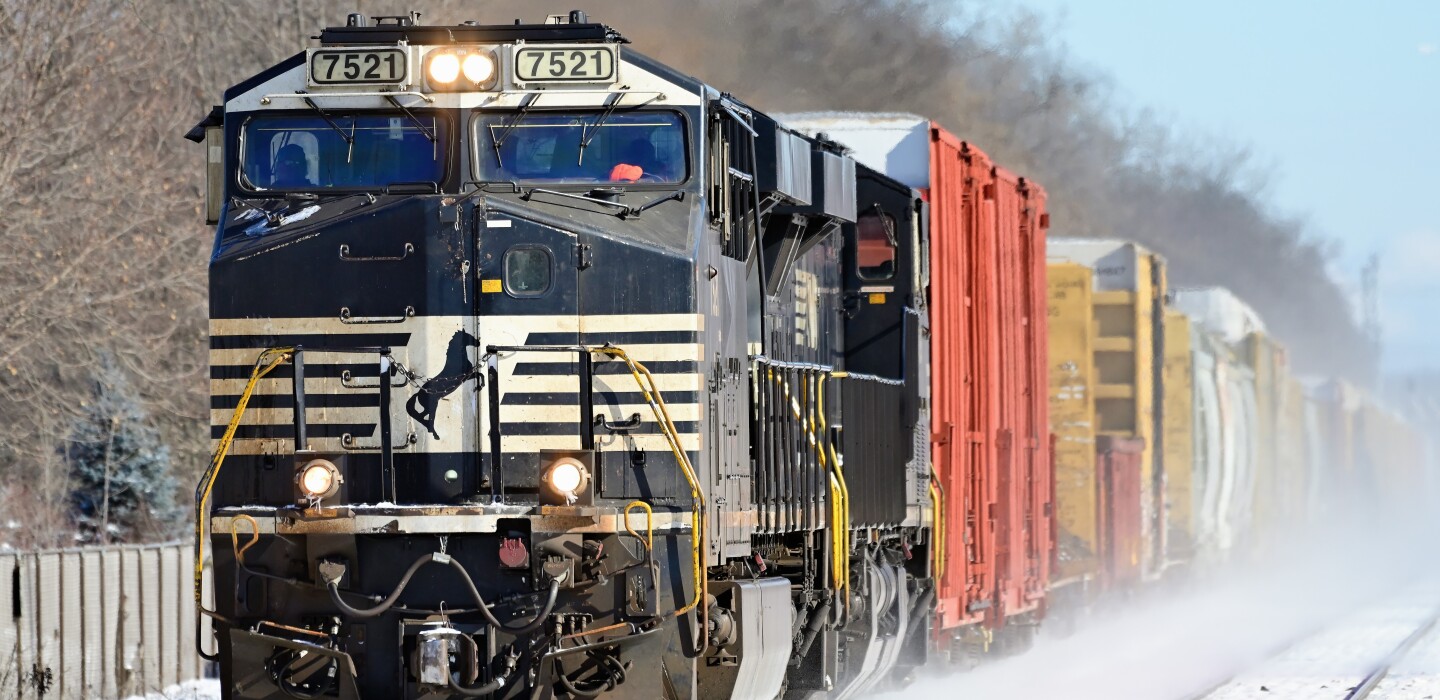
How to Lose the Public’s Trust
Days after a Norfolk Southern train left the track in Northampton County, Pa., earlier this month, County Executive Lamont McClure said he’d learned from the February 2023 derailment of another Norfolk Southern train in East Palestine, Ohio, that his county better be prepared.
After the Ohio incident, he ordered extra training for just that purpose and his foresight paid off when the train derailed in Northampton County, depositing one car into the Lehigh River on March 2 of this year.
“I absolutely think our response was improved by the fact that we had those additional trainings,” McClure told Emergency Management. He also said he’d use the March 2 derailment as an example and create a tabletop exercise from it for the future, because “we can’t rely on Norfolk Southern to keep their trains on their tracks.”
McClure said his county was lucky that the train held no contaminants, but East Palestine wasn’t so fortunate and is finding out what happens after one of these derailments when the rail company picks up and leaves.
In that case, after an evacuation order was lifted, new tracks were laid on top of contaminated soil and the trains began running again. That left residents with headaches and other ailments, and a bit bitter about what happened to their town since Norfolk Southern was gone.
In an “assessment of chemical exposures” survey of 528 Ohio residents, 94 percent of respondents reported having at least one new or worsening symptoms affecting either their ears, nose or throat, nervous system, lungs, eyes, skin or heart, according to a Bloomberg News report.
The aftereffects of the derailment have left residents confused and angry, especially after Norfolk representatives didn’t show up for a town hall meeting.
“Once you lose the public’s trust, it is difficult, if not impossible, to get that back,” Samantha Montano, an assistant professor of emergency management at Massachusetts Maritime Academy, told Bloomberg News. She said failing to provide a clear response created a huge problem in terms of losing the narrative.
Duane Gill, a research professor in sociology at Virginia Tech, told Bloomberg News that the public expects to be safe and loses trust when something like this happens.
“We, as a public, expect these things not to happen,” he said. “So, you have this expectation that you’re supposed to be safe.”
Bob Chipkevich, a former director of railroad, pipeline and hazardous materials investigations at the National Transportation Safety Board, told Emergency Management that these types of accidents, where one train runs into another or backs into another, can be prevented with a technology called Positive Train Control (PTC).
“We’ve seen accidents like this occur in the past, and fortunately [in the case of Northampton] there was no hazmat being transported, but these are the kinds of accidents that PTC can stop and prohibit from happening.”

Average Rating